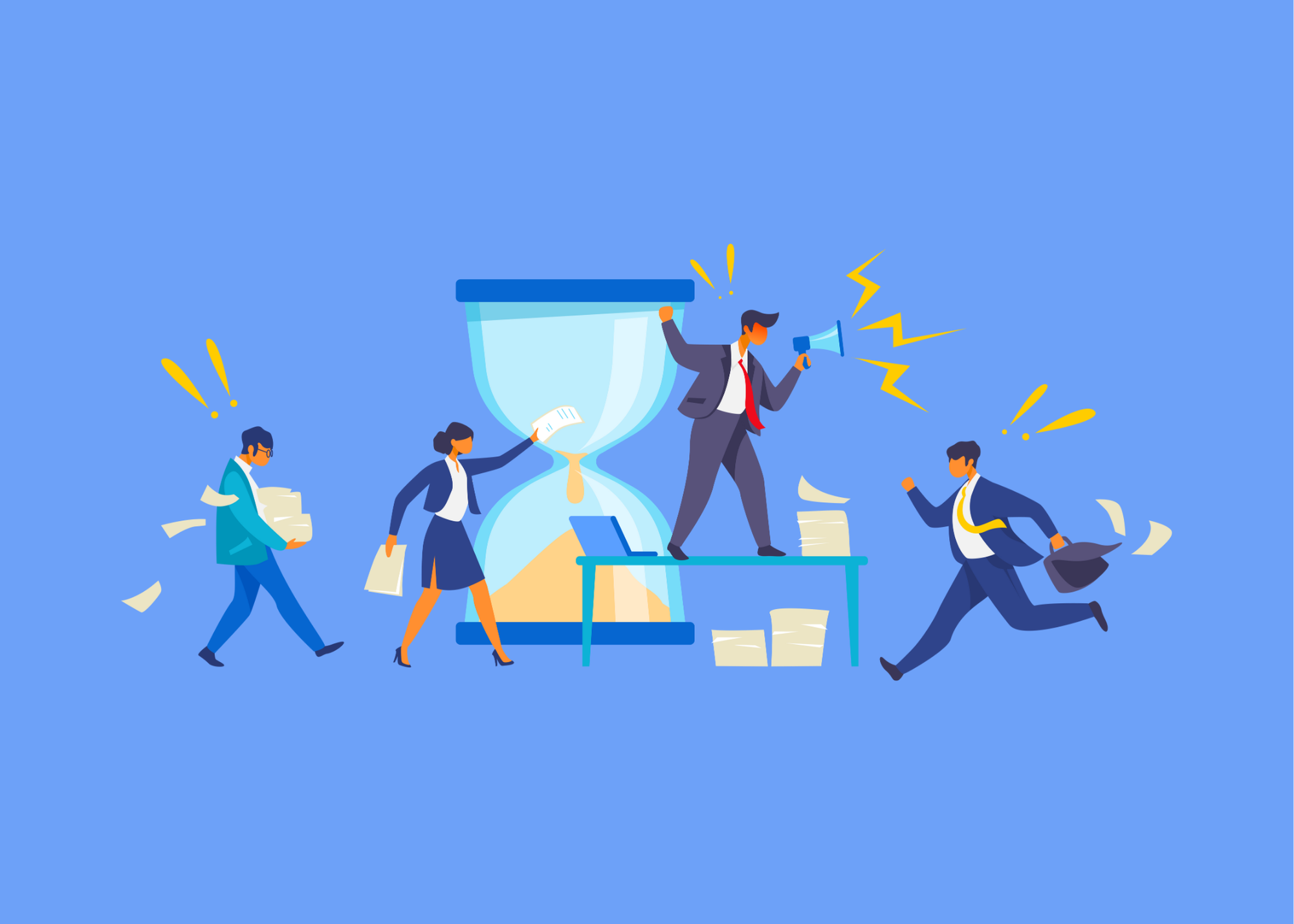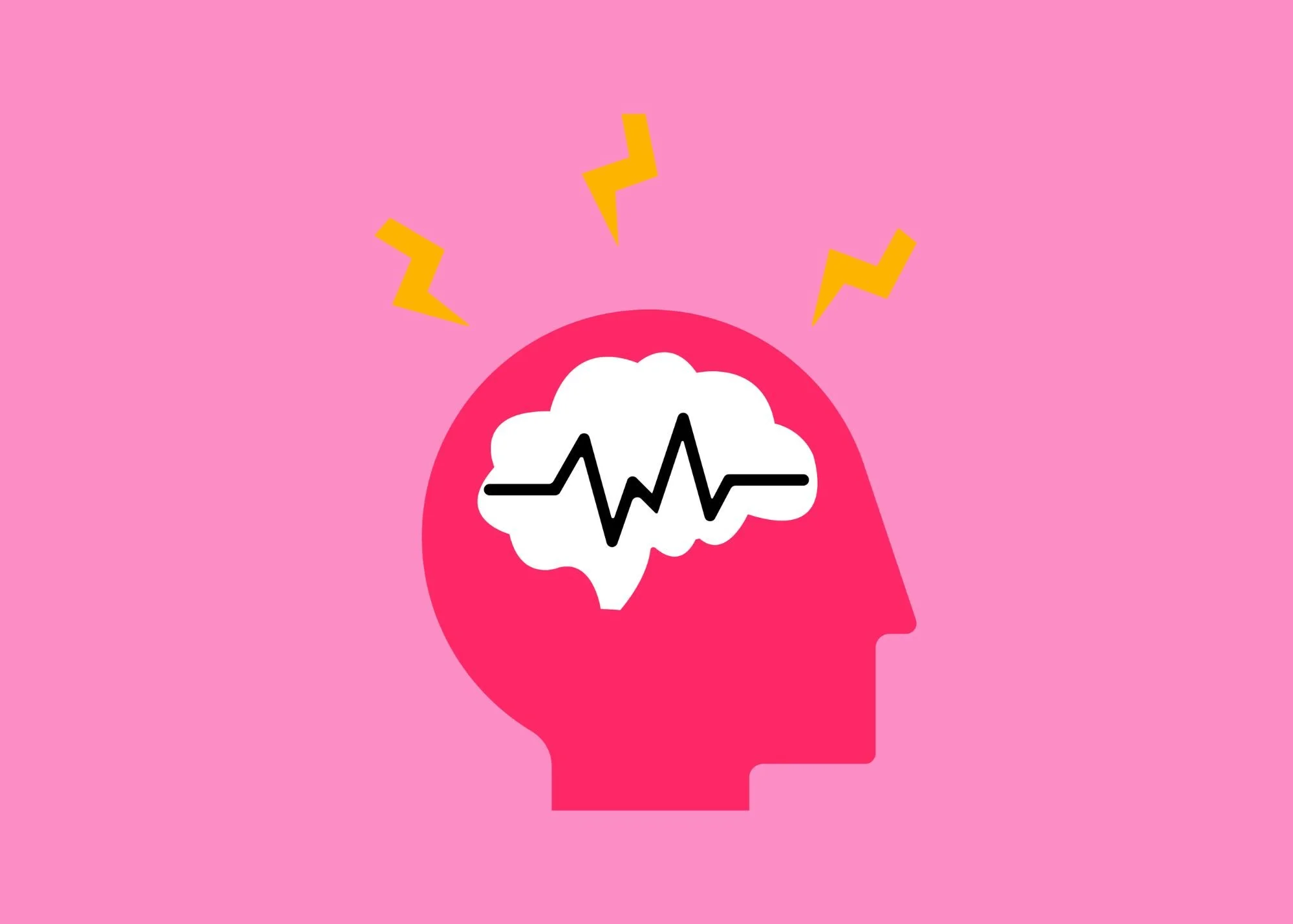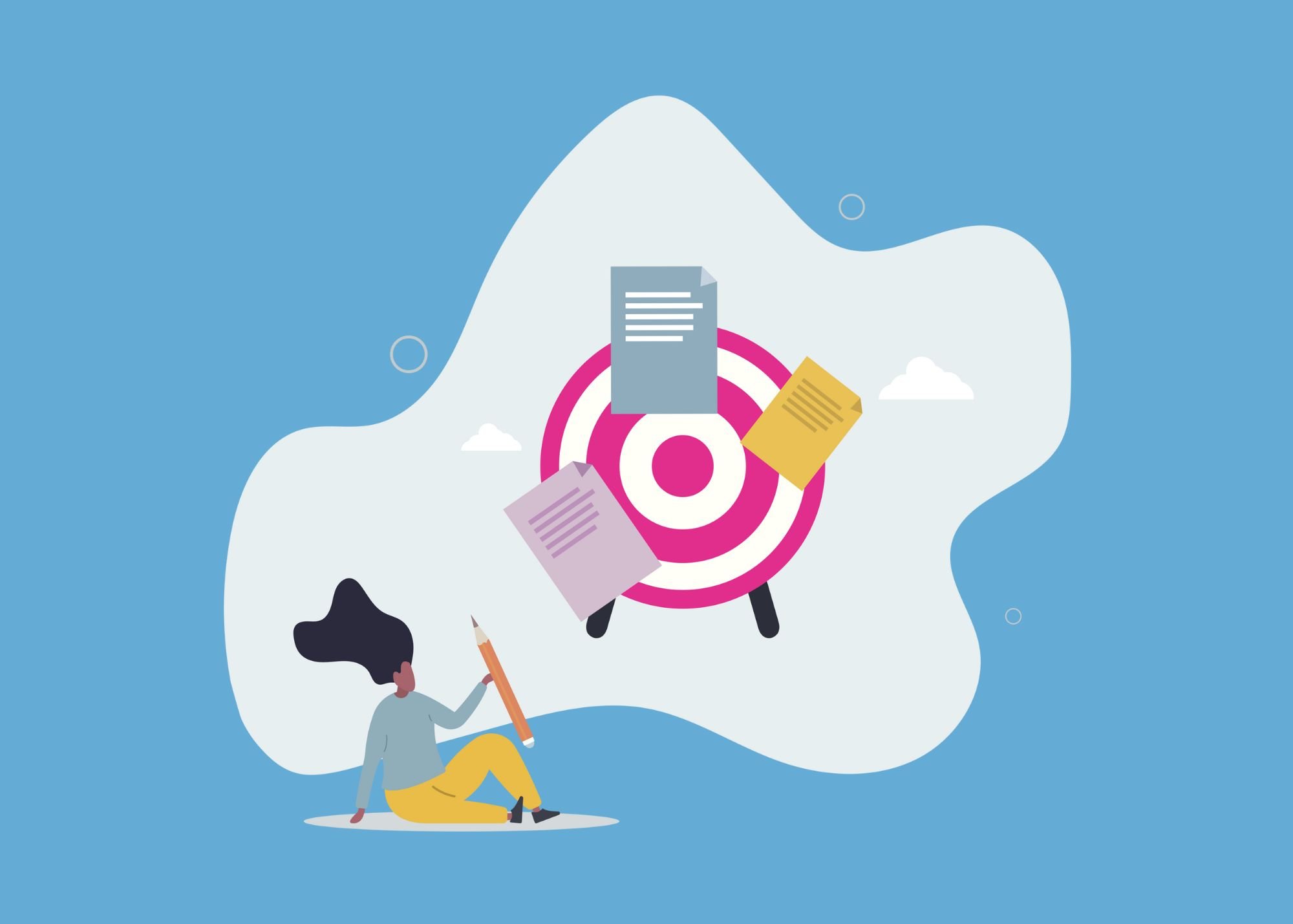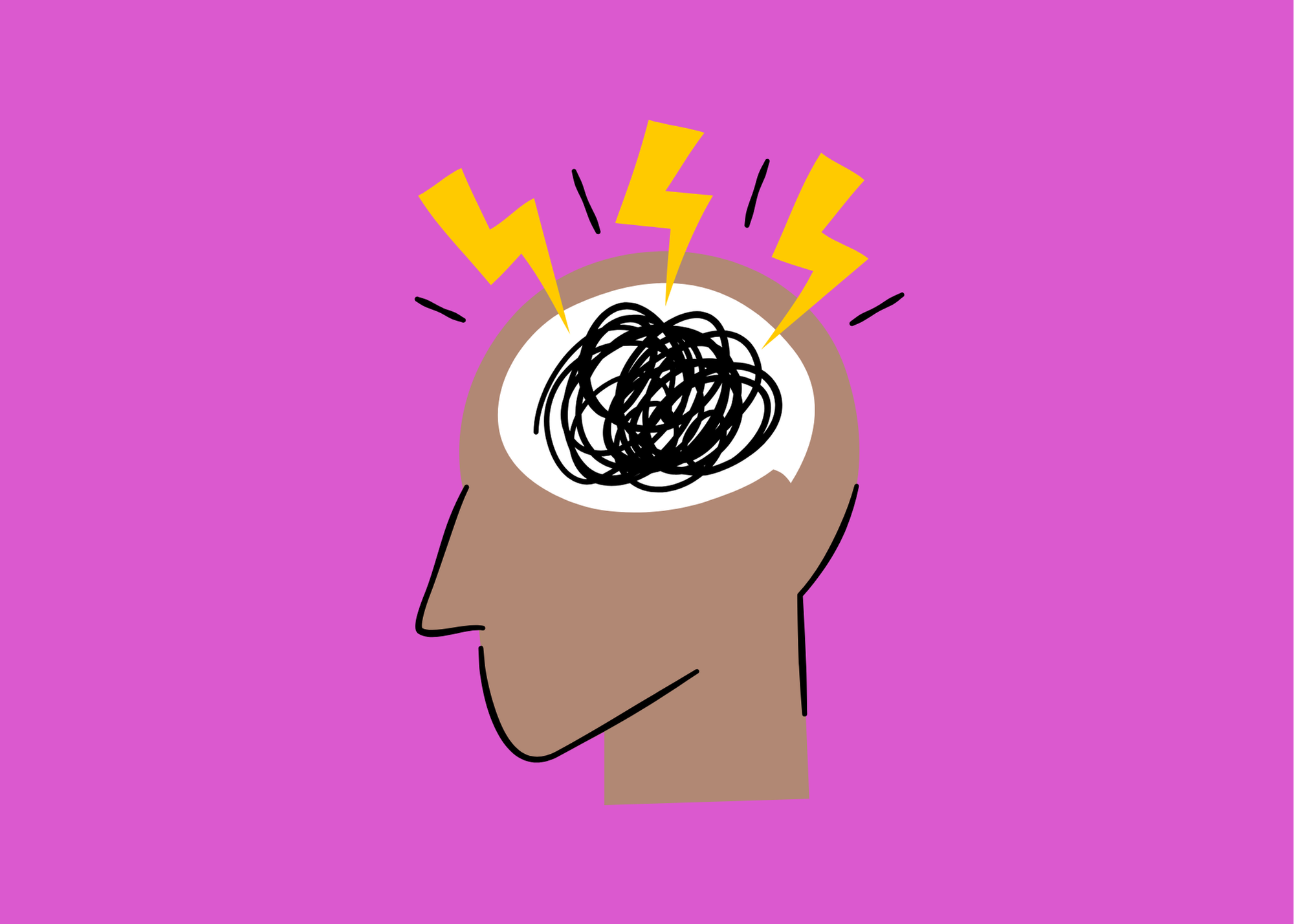Decision Fatigue: The Brain’s Battery Runs Out
Are You Mentally Exhausted by Daily Decisions?
You wake up, check your phone, scroll through emails, and before you’ve even brushed your teeth, your brain is already juggling a dozen choices. By mid-morning, you’re second-guessing what to tackle first. By afternoon, you can’t decide what to eat, whether to work out, or even if you should respond to that email today or let it slide until tomorrow. By evening, you’re mentally drained, doom-scrolling, and struggling to care about anything.
Sound familiar? You, my friend, are deep in the trenches of decision fatigue.
What Is Decision Fatigue?
Decision fatigue is the mental exhaustion that comes from making too many choices throughout the day. It’s why top executives like Steve Jobs wore the same outfit daily (black turtleneck, anyone?) and why grocery stores place candy by the checkout—because by the end of the day, our ability to make rational choices is depleted.
When decision fatigue sets in, you either:
Make impulsive choices (hello, late-night Amazon purchases and saying “yes” to things you regret later)
Avoid making decisions altogether (procrastination, analysis paralysis, or total apathy)
For high-achieving professionals already overwhelmed by work and life, decision fatigue can be the tipping point between functioning and floundering.
The Science Behind Decision Fatigue
Your brain isn’t just being dramatic—neurologically, decision fatigue is very real.
The prefrontal cortex (responsible for logical thinking, self-control, and prioritization) runs on limited resources. Every decision—big or small—depletes glucose and neurotransmitters like dopamine, which are essential for clear thinking and motivation.
Under chronic stress and burnout, your brain shifts into survival mode. The amygdala (your fight-or-flight center) takes over, while the prefrontal cortex—the part of you that makes sound, rational decisions—becomes sluggish. This means you’re more reactive, less strategic, and more prone to making choices based on immediate relief rather than long-term benefits.
In other words, you default to scrolling, snacking, or snapping at people instead of tackling the real problems.
Why Decision Fatigue Gets Worse Under Stress and Burnout
When you’re running on fumes, your brain prioritizes short-term survival over long-term strategy.
Chronic stress floods your system with cortisol, hijacking your ability to think clearly.
Burnout makes everything feel pointless, leading to apathy and exhaustion.
Overstimulation from social media, news, and constant notifications overloads your mental capacity.
This is why you might start zoning out in meetings, putting off important projects, or struggling to care about things that once felt meaningful.
The worst part? The longer you stay in this loop, the harder it is to break free.
How to Cope When You’re Deep in Decision Fatigue
When you’re stuck in survival mode, the goal isn’t to optimize your life—it’s to reduce cognitive overload. Here’s how:
Limit Daily Decisions
Automate the small stuff:
Eat the same breakfast every day.
Create a work uniform (or a rotation of five outfits).
Set a default workout time so you don’t have to think about when to exercise.
The fewer decisions you make, the more bandwidth you free up.
Batch Your Decisions
Plan meals, workouts, and priorities once a week.
Group similar tasks together (e.g., respond to all emails at once instead of throughout the day).
Use a to-do list or planner to prevent decision overload.
Use “Good Enough” Thinking
Perfectionism is the enemy of progress. Instead of agonizing over the “right” choice, ask yourself:
“What’s a good-enough option that moves me forward?” Then go with that.
Build Routines and Rituals
When your brain is fried, habits save you.
Set a consistent wake-up time and morning routine.
Establish an end-of-day shutdown ritual to transition from work mode to relaxation.
Use habit stacking (pairing new habits with existing ones) to make routines effortless.
Outsource Decisions
Delegate where possible:
Let someone else pick the restaurant.
Ask a colleague to summarize a decision and give you two options instead of expecting you to sift through everything yourself.
Use AI or productivity tools to streamline tasks.
Reduce Information Overload
Stop crowding your brain with excess input.
Limit social media, news, and endless research.
Use website blockers if needed to reduce distractions.
Remember: more information doesn’t equal better decisions—it just equals more stress.
How Long Does It Take to Recover from Decision Fatigue?
If you’ve been stuck in decision fatigue for a while, expect at least two to three weeks to regain a stable baseline. If you’re burned out, full recovery can take months.
This isn’t an overnight fix, but even small improvements can make a big difference in your clarity and energy levels.
Long-Term Strategies to Heal from Decision Fatigue
Once you start feeling more stable, it’s time to rebuild your decision-making muscle.
Reintroduce Complexity Slowly
Don’t flood your brain with too many choices at once. Add back decision-making in layers.
Strengthen Executive Function
Meditation improves cognitive function and reduces stress.
Deep breathing exercises help restore focus.
Structured problem-solving enhances mental clarity.
Prioritize Sleep and Recovery
Lack of sleep worsens decision fatigue. Aim for 7-9 hours of quality sleep per night.
Create a Decision Hierarchy
Decide what truly matters—and let the rest be good enough. Not every decision needs deep analysis.
Schedule Decision-Free Zones
Protect time in your day where you don’t have to make choices. Examples:
Morning journaling to clear mental clutter.
Afternoon walks to reset your brain.
Unplugged evenings to wind down without stimulation.
Final Thoughts: The Power of Less
If decision fatigue has you feeling stuck, the answer isn’t to push harder—it’s to simplify.
Remember: The most successful people don’t make more decisions. They make fewer, smarter choices.
So if you’re exhausted, don’t beat yourself up. Your brain isn’t broken—it’s just overworked. Cut yourself some slack, strip down your choices, and watch your clarity return. The goal isn’t to make perfect decisions—it’s to have enough energy left at the end of the day to still enjoy your life.
Need Help? Efficiency without direction is just burnout in disguise.
Let’s align your time, energy, and actions with what actually moves the needle.
💡 Book your free consult and let’s build a system that works for you, not against you.
Article References
The sources cited in the article:
Choosing Therapy. "What Is Decision Fatigue: Definition, Examples, & How to Deal With It." Choosing Therapy - Decision Fatigue
healthline. “Understanding Decision Fatigue.” healthline - Understanding Decision Fatigue
Psychology Today (PT). "Is Decision Overload Affecting Your Mental Health?" PT - Is Decision Overload Affecting Mental Health?
Cleveland Clinic . “8 Signs of Decision Fatigue and How to Cope.” Cleveland Clinic - Decision Fatigue
Harvard Business Review (HBR). "Beating Burnout.” HBR - Beating Burnout
Forbes. “How Burnout Affects Your Decision Making Process and How to Fix It.” Forbes - Burnout and Decision Making






